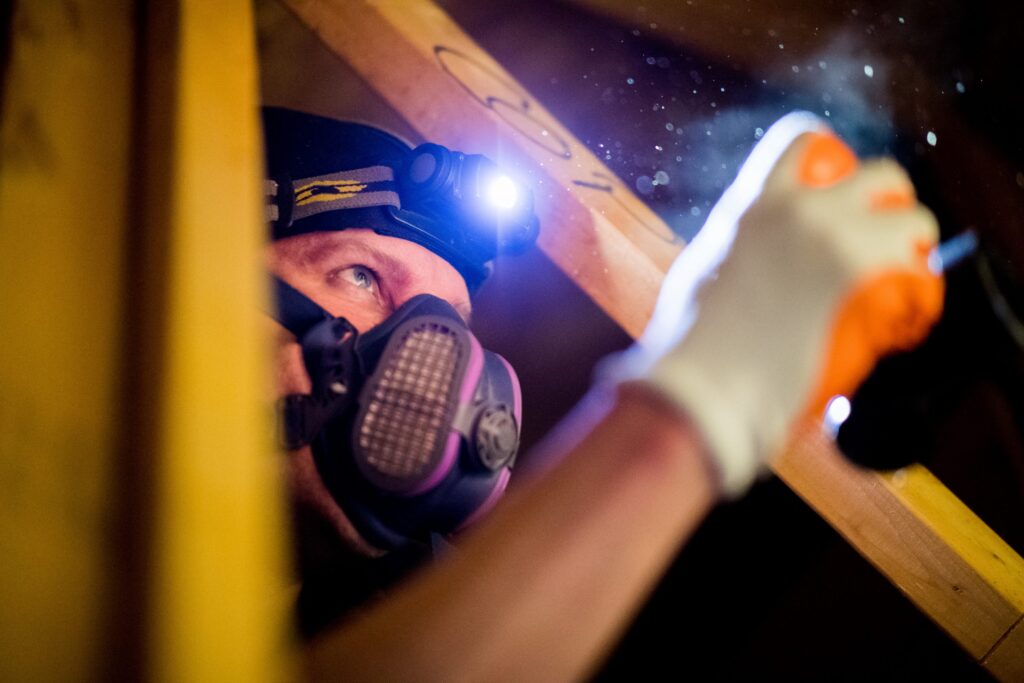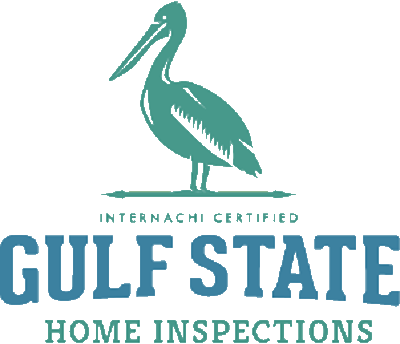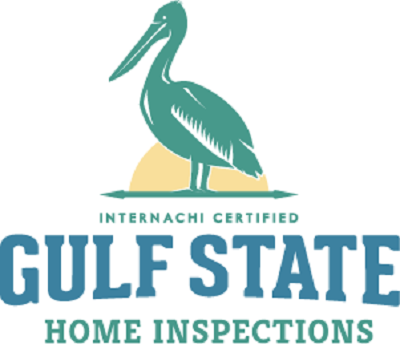When purchasing a home in Pensacola, Florida, one of the most crucial steps in the buying process is a thorough home inspection. A qualified home inspector will evaluate the property to ensure it’s in good condition and to identify any potential issues that may need addressing. Pensacola’s unique climate and environmental conditions can affect homes in specific ways, so inspectors in this region focus on particular elements. Here’s what you can expect a home inspector to look for in Pensacola homes.
**1. Roof and Exterior Elements
Roof Condition: Due to Pensacola’s frequent storms and occasional hurricanes, roof condition is a top priority. Inspectors will look for missing, cracked, or damaged shingles, signs of leaks, and the overall age of the roof. They will also check for proper flashing around chimneys, vents, and other roof penetrations.
Exterior Walls and Siding: The humidity and salt air in Pensacola can be tough on exterior surfaces. Inspectors will check for signs of water damage, mold, mildew, and pest infestations. They will also assess the condition of paint or siding and look for any cracks or gaps that could allow moisture to penetrate.
Gutters and Downspouts: Properly functioning gutters and downspouts are essential for directing water away from the home. Inspectors will ensure these are securely attached, clear of debris, and properly draining.
**2. Foundation and Structural Components
Foundation: Inspectors will look for cracks, settling, or other signs of foundation issues that can be exacerbated by the sandy soil and high water table in Pensacola.
Crawl Spaces and Basements: In areas where homes have crawl spaces or basements, inspectors will check for signs of moisture, mold, and proper ventilation. They will also look for evidence of pests such as termites, which are common in this region.
**3. Plumbing Systems
Pipes and Fixtures: Inspectors will evaluate the condition of the plumbing system, looking for leaks, corrosion, and proper installation. In older homes, they may check for outdated materials such as polybutylene or galvanized pipes.
Water Pressure and Flow: Proper water pressure and flow are crucial for daily living. Inspectors will test faucets, showers, and toilets to ensure they are functioning correctly.
Water Heater: The condition, age, and efficiency of the water heater will be assessed. In Pensacola, where water heaters are often located in garages or utility rooms, inspectors will check for signs of rust, leaks, and proper ventilation.
**4. Electrical Systems
Wiring and Panels: Inspectors will examine the electrical system, including the main panel, wiring, outlets, and switches. They will look for outdated or unsafe wiring practices, such as aluminum wiring or knob-and-tube wiring, and ensure the system is up to code.
Safety Devices: The presence and functionality of smoke detectors, carbon monoxide detectors, and GFCI outlets (particularly in kitchens, bathrooms, and outdoor areas) will be checked.
**5. HVAC Systems
Heating and Cooling: Pensacola’s hot and humid climate makes a functioning HVAC system essential. Inspectors will evaluate the age, condition, and efficiency of the heating and cooling systems, as well as check for proper insulation and ventilation.
Ductwork: The condition of the ductwork will be assessed for signs of leaks, improper installation, or damage that could affect system efficiency and air quality.
**6. Interior Elements
Windows and Doors: Inspectors will check for proper operation, signs of moisture or water damage, and adequate sealing. In a hurricane-prone area like Pensacola, they will also look for impact-resistant windows or storm shutters.
Floors and Walls: The condition of flooring and walls will be examined for signs of water damage, mold, or structural issues. Inspectors will also check for uneven floors or cracks in walls that might indicate foundation problems.
Attic and Insulation: The attic space will be inspected for signs of leaks, proper insulation, and adequate ventilation. In Pensacola’s climate, proper insulation is vital for maintaining energy efficiency and comfort.
**7. Pest Inspections
Termite and Pest Damage: Termites are a common issue in Pensacola due to the warm, humid climate. Inspectors will look for signs of termite activity, such as mud tubes, damaged wood, and termite droppings. They may also check for other pests like ants, rodents, and wood-boring insects.
Conclusion
A home inspection in Pensacola is a thorough and detailed process tailored to the unique environmental challenges of the area. By understanding what inspectors look for, homebuyers can be better prepared for the inspection process and more confident in their purchasing decisions. Addressing any issues found during the inspection can also provide peace of mind and help ensure the long-term safety and comfort of the home.


